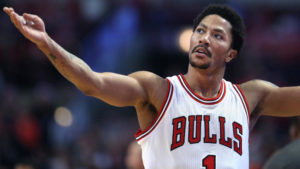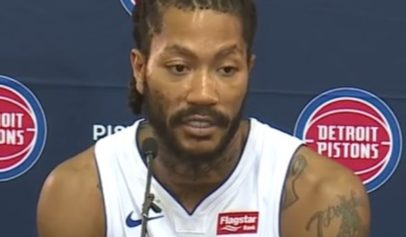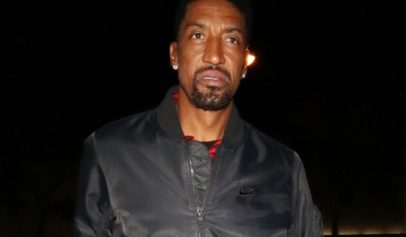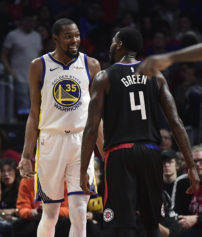
He is an athletic promise that has been denied total fulfillment in the most cruel fashion: injury. Three times.
Other great talents have had their bodies fail them, but few cases have been as polarizing as Rose’s. For some reason, countless NBA fans have, instead of empathizing or even feeling sorry for Rose, have called him “soft” and selfish as he endured rigorous rehabilitations.
Mind you, none of these “critics” had gone through playing in the NBA and overcoming a torn ACL, then suffering from a torn medial meniscus and then aggravating that injury and requiring a third surgery in three years. How was Rose “soft” for not coming back until he believed he was ready? How can someone judge how someone else’s body feels?
In fact, Rose should have been credited for not rushing back, for taking control of his career and not succumbing to outside pressure. Instead, he was criticized by people who apparently do not understand the mental and physical toll major injuries take on a world-class athlete.
All that, and there was Rose this weekend, stronger than ever, if not physically, certainly mentally. He played brilliantly and explosively in the Bulls’ Game 1 first-round playoff victory over the Milwaukee Bucks. He scored 23 points and displayed the kind of dynamic speed, power and quickness that made him the league’s MVP just four years ago.
When he left the game to a standing ovation at the United Center, it marked a triumphant end of an emotional return, a return his naysayers hardly believed would happen this year when he was felled about three months ago.
“I only had, like, three goals,” Rose said of his first playoff game in three years, “and that was to have fun, have no expectations and to compete.”
That’s another thing about Rose. Despite all the criticism, he remained centered and humble, always resisting the urge to fire back. That takes strength.
“I’m grateful to be playing with my teammates,” Rose said. “They allow me to play the way I normally play. It’s an honor. I’m really fortunate because I think, anywhere else, it wouldn’t be the same.”
Maybe Rose will never return to NBA MVP form. Here’s the thing: He doesn’t have to be that player again. He can be just what he was Sunday and still rank among the game’s best.
“You’re talking about a guy now who’s sort of in the middle of his career,” Chicago coach Tom Thibodeau said. “He’s been through a lot. I think early on, you’re 22 years old, you’re the M.V.P. of the league, and there weren’t many bumps in the road. He’s hit a few bumps. He’s gotten through those.”
That’s the other thing: Those who called Rose “soft” got it backward. He showed strength in coming back after the first injury. He empowered himself by creating a timetable that worked for him. People didn’t like that he said he wanted to be healthy enough to play with his kids when he quit basketball—a noble gesture from here. He showed enormous strength in coming back after the second injury, when he could have emotionally collapsed. And to suffer a third surgery a few months ago, only to return before the season’s end, and to play as he did in Game 1. . . strength.
Of course, there are many who will stick to their original position on Rose. But they will be missing the fact that Rose is still here, still playing, still has his head up. For all he has gone through, that’s hardly soft.


